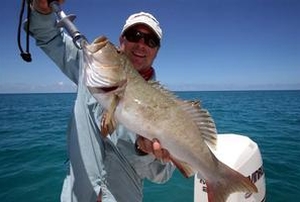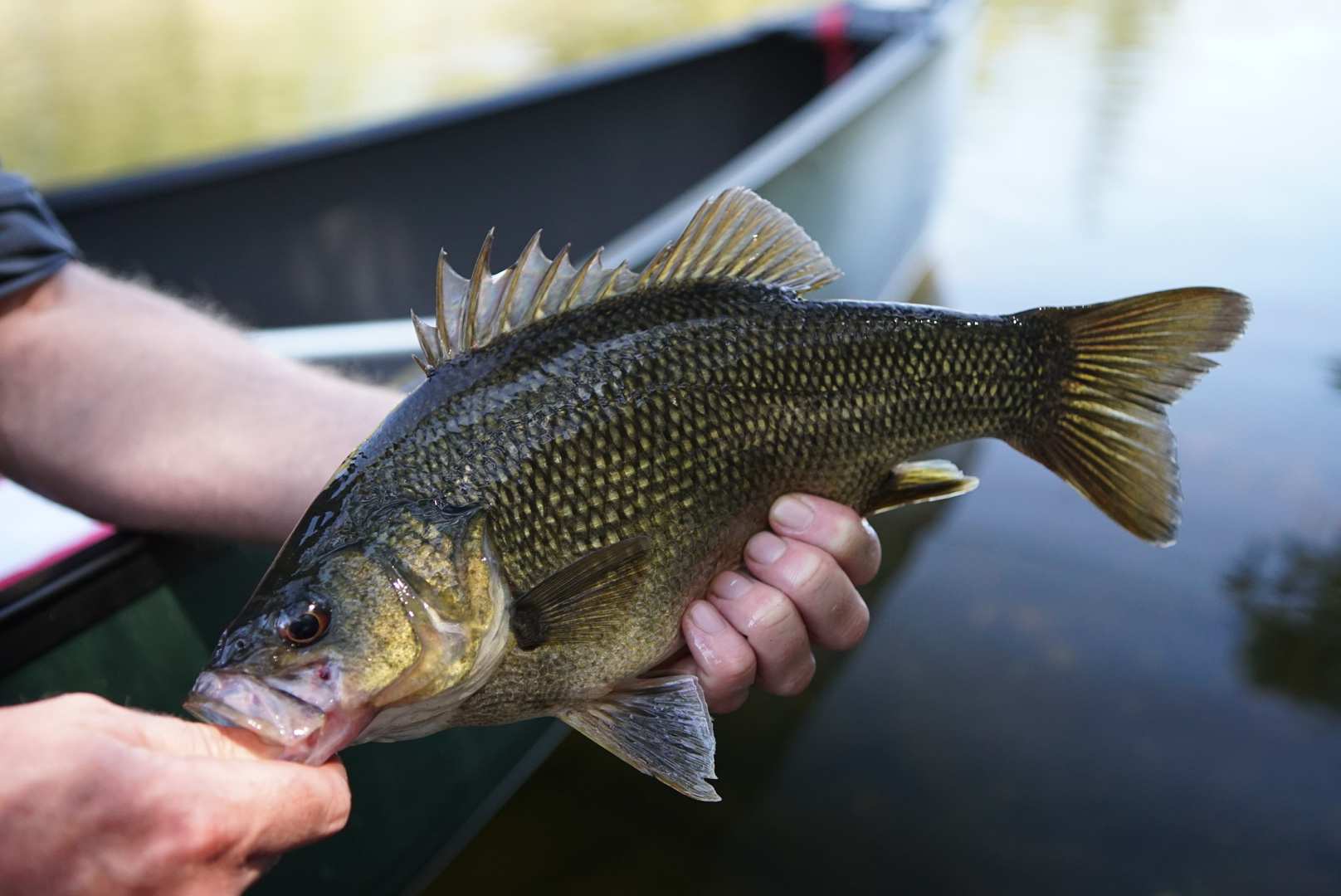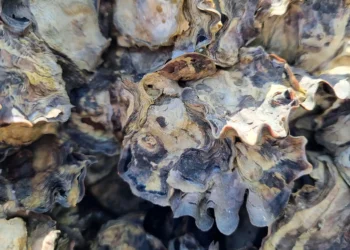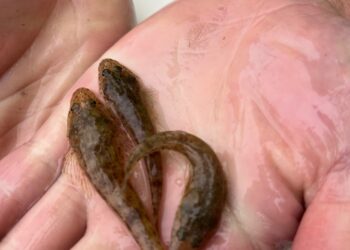TWO of Queensland’s favourite sportfish have been found to be affected by chemicals believed to result from pesticide contamination.
Scientists made the discovery in barramundi and coral trout in Great Barrier Reef waters.
The Courier Mail reports it is unknown if the contamination has human health impacts but it raises significant concerns about fisheries sustainability.
A team of 10 led by Australian Institute of Marine Science principal research scientist Frederieke Kroon found that the Reef is chronically exposed to agricultural run-off, mainly during the wet season.
“Pesticide contamination of GBR waters is … widespread and year-round,’’ the paper says.
The scientists collected fish from nine river catchments and five reef environments, some of which had no agricultural use like the Ducie and Embley rivers on Cape York. Others — like the Haughton River on the east coast — has 98 per cent under agriculture.
Dr Kroon said the study found barramundi with abnormal levels of oestrogen compounds and exposure to run-off from cane farms was the likely pathway.
Among a long list of chemicals, the herbicides ametryn, diuron, hexazinone, simazine had been identified and the insecticide imidacloprid.
The pesticide pollution produces endocrine disrupters. These can have reproductive, neurological, immune and developmental impacts in humans and wildlife.
Most abnormal readings were found in areas where there was a high level of cane production, like the Tully, Haughton and Herbert rivers.




















